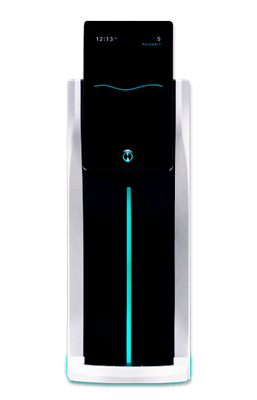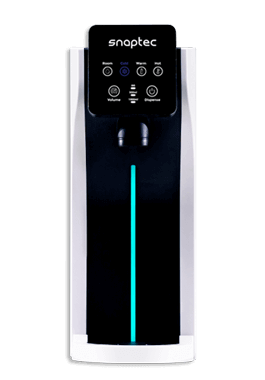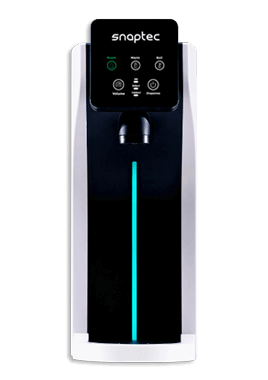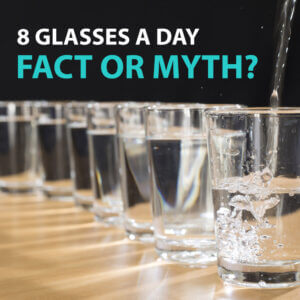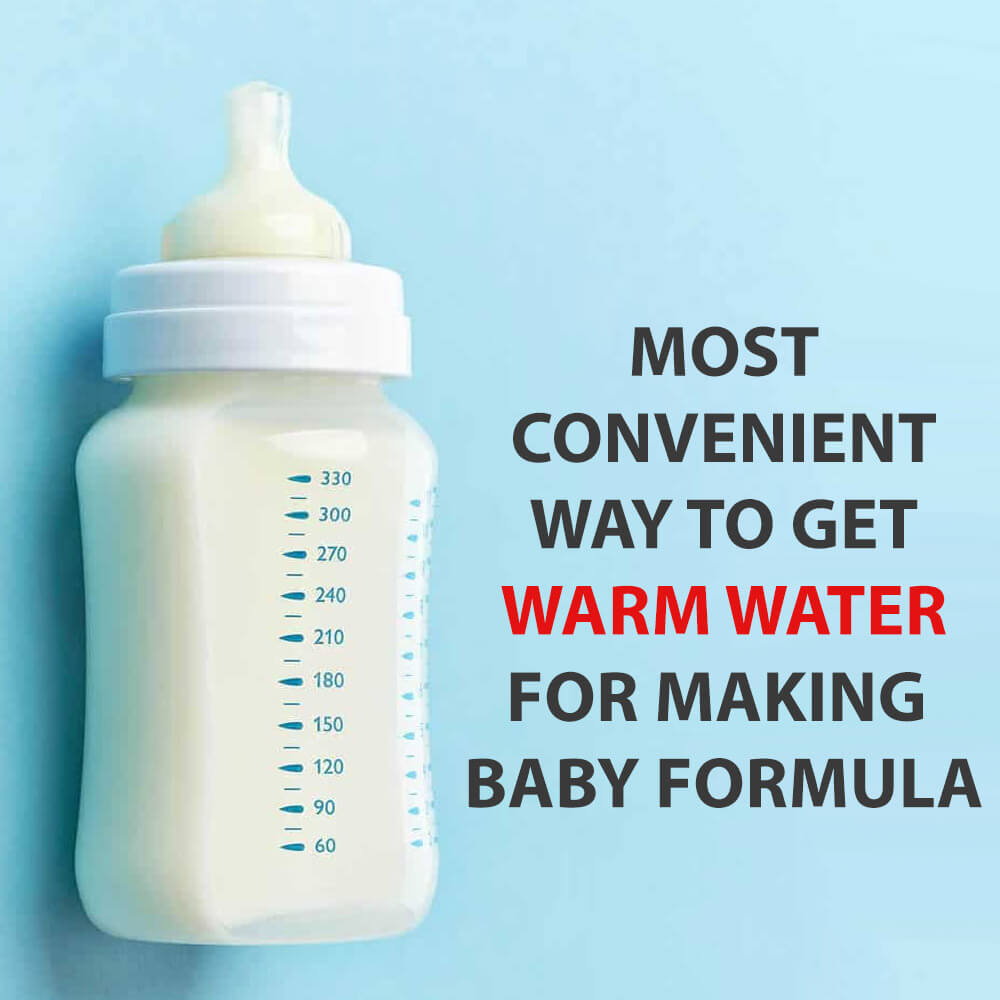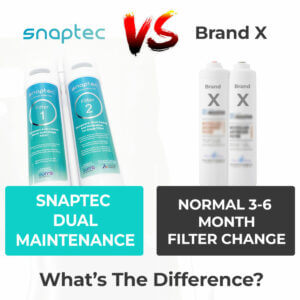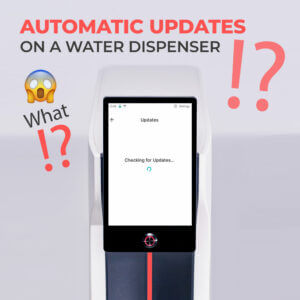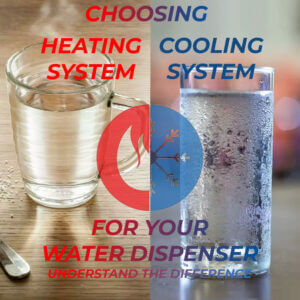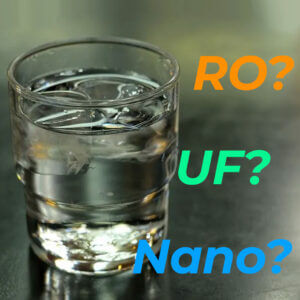Is Tap Water Safe To Drink In Malaysia? Unveiling The Truth
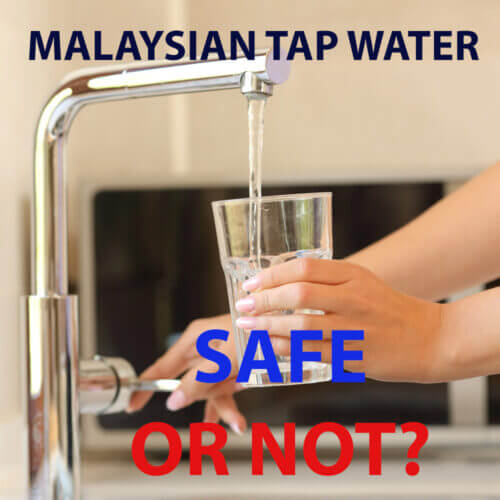 The Quality of Tap Water in Malaysia:
The Quality of Tap Water in Malaysia:
Malaysia’s tap water quality varies across different regions and states. The National Water Services Commission (SPAN) oversees water quality standards and regulations to ensure that water supplied to consumers meets safety requirements. Generally, urban areas such as cities and towns have better water treatment facilities and infrastructure, resulting in higher water quality compared to rural areas which are more inconsistent.
According to SPAN, Malaysian tap water undergoes treatment processes such as filtration, sedimentation, and disinfection to remove impurities and harmful microorganisms. Chlorination is commonly used to disinfect water and eliminate bacteria, viruses, and other pathogens. However, despite these efforts, the quality of tap water can still be influenced by various factors, including aging infrastructure such as rusty piping, environmental pollution, and inadequate maintenance.
Potential Contaminants:
While Malaysian authorities strive to maintain water quality standards, concerns about contaminants in tap water persist. Common contaminants found in tap water include:
Heavy Metals: Industrial activities, mining, and agricultural runoff can introduce heavy metals such as lead, arsenic, and mercury into water sources. Prolonged exposure to these metals can pose serious health risks, especially for children and pregnant women.
Microorganisms: Despite chlorination and other disinfection methods, microbial contaminants such as bacteria, viruses, and protozoa may still be present in tap water, particularly in areas with inadequate sanitation infrastructure.
Chemicals: Agricultural pesticides, industrial chemicals, and household pollutants can leach into water sources and contaminate tap water. Chemical contaminants may have adverse health effects upon ingestion, inhalation, or skin contact.
Ensuring Safe Tap Water Consumption:
While the safety of tap water in Malaysia is subject to ongoing monitoring and regulation, individuals can take proactive measures to safeguard their health:
Use Water Filters: Installing a water filtration system at home can help remove impurities and improve the taste and odor of tap water. Look for filters certified to meet international standards for water quality. As a general rule, looking for a water filter that is able to remove heavy metals. In general, this means RO (reverse osmosis) because it is able to remove everything from the water. However, in recent times, Nano filtration from Korea and Disruptor filtration from the USA is able to drastically reduce and remove heavy metals without removing beneficial minerals from the water. Fully fledged water dispensers or water purifiers are able to also have the added benefit and convenience of instant hot and cold water at the touch of a button or lever.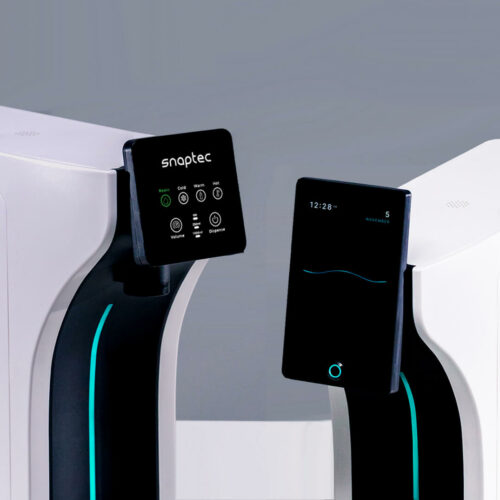
Boil Water: Boiling tap water is an effective way to kill harmful microorganisms and pathogens. Bring water to a rolling boil for at least one minute before cooling and consumption.
Purchase Bottled Water: If tap water quality is a concern, opt for bottled water from reputable brands. Look for products labeled as “mineral water” or “drinking water,” which undergo stringent filtration and purification processes.
Stay Informed: Keep abreast of water quality reports and advisories issued by local authorities. Monitor any updates regarding water supply disruptions, contamination incidents, or health alerts in your area.
In conclusion, while tap water in Malaysia undergoes treatment and disinfection processes to meet safety standards, concerns about water quality and contamination persist. In other words, it is not advisable to directly consume tap water in Malaysia directly. Individuals can take proactive steps to ensure safe water consumption, such as using water filters, boiling water, opting for bottled water, and staying informed about water quality issues. By prioritizing health and hygiene practices, Malaysians and visitors alike can enjoy access to clean and safe drinking water for their daily needs.

JOIN THE SNAPTEC COMMUNITY
Get The Latest On Water, Hydration, Wellness, and Health

